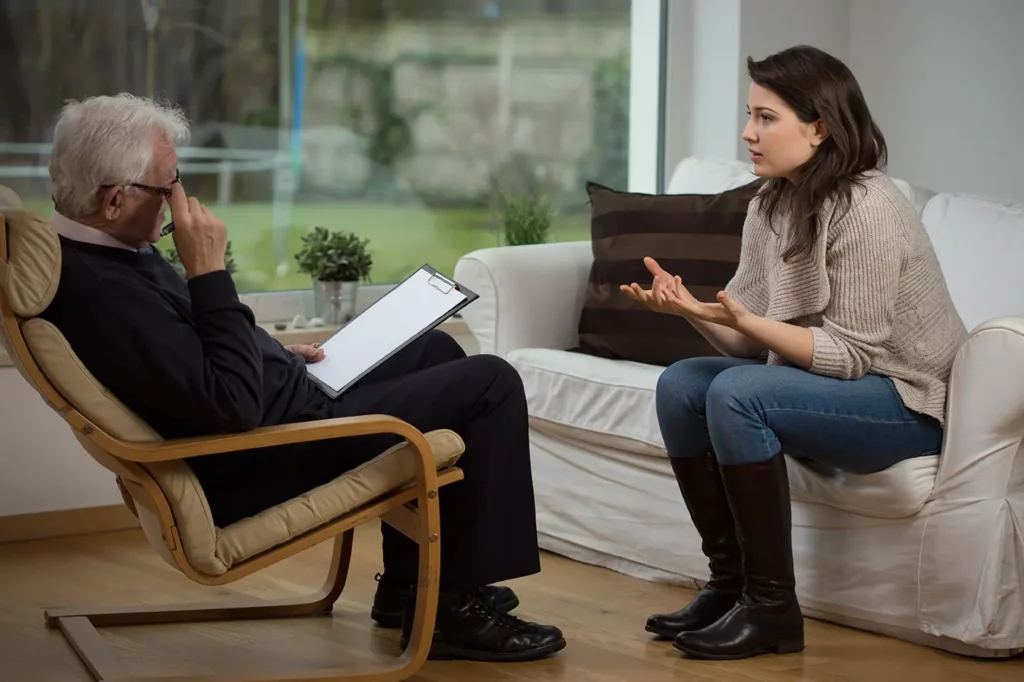24/7 Helpline:
(866) 899-221924/7 Helpline:
(866) 899-2219
Learn more about PTSD Treatment centers in Gatlinburg
PTSD Treatment in Other Cities

Other Insurance Options

Coventry Health Care

Optima

CareSource

Medical Mutual of Ohio

Magellan Health

Access to Recovery (ATR) Voucher

Private insurance

Absolute Total Care

Group Health Incorporated

Optum

EmblemHealth

BHS | Behavioral Health Systems

State Farm

Health Net

Covered California

Evernorth

GEHA

Humana

Multiplan

Choice Care Network









